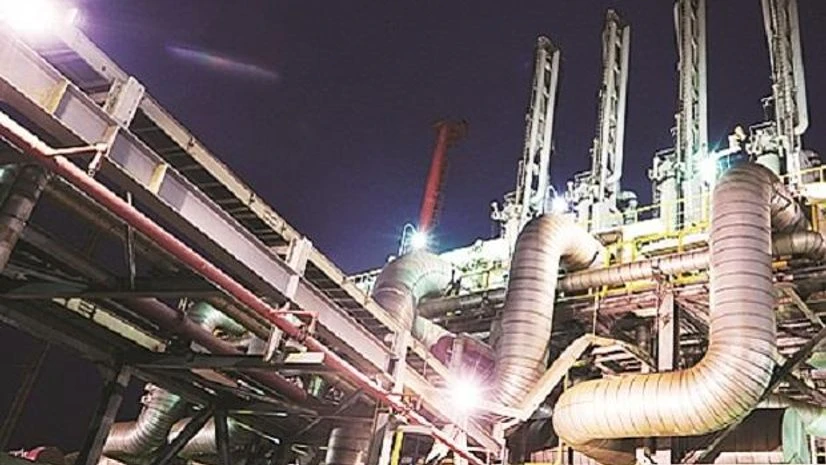Ahead of the Union Budget, the Oil Ministry has made a renewed pitch for inclusion of natural gas in the ambit of GST to promote the use of the environment-friendly fuel by reducing multiplicity of taxes and improving business climate.
When the Goods and Services Tax (GST) was introduced on July 1, 2017, amalgamating 17 central and state levies, five commodities namely crude oil, natural gas, petrol, diesel, and aviation turbine fuel (ATF) were kept out of its purview given the revenue dependence of state governments on this sector.
"Currently natural gas is taxed under the VAT regime with VAT ranging from 3 per cent to 20 per cent across states," the ministry said in a booklet it brought out to promote the use of the fuel in automobiles, household kitchens, and industries.
If brought under GST, natural gas will attract a uniform rate of tax at the consumption point anywhere in the country after doing away with current rates of excise duty and VAT.
This, it said, would "result in an increase in state domestic product and socio-economic development owing to increased economic activities" which will lead to improved employment opportunities.
Also Read
Also, it would lead to improved investor confidence and attract more investment in natural gas infrastructure in the country, the booklet said, adding that a positive impact on environment and health due to reduction in carbon emissions across major cities was another advantage.
"As gas is not under the ambit of GST, there is no input tax credit available. Further, the downstream industries are not able to claim the benefit of the tax credit of VAT paid on purchases of natural gas which is available for alternate fuels/feedstocks," the booklet said.
Oil Minister Dharmendra Pradhan too has been making a vehement pitch for the inclusion of gas in the GST.
"We believe natural gas as also aviation turbine fuel (ATF) can be included in the GST regime," he had said on Monday.
Including ATF and natural gas will not just help companies set off tax that they paid on input but will also bring about uniformity in taxation on the fuels in the country, he had said. "Including natural gas in GST is said to be one of the biggest drivers of not just consumption but will also incentivize producers to spend more on finding and producing more gas as well as incentivize importers to bring in more LNG."
Finance Minister Nirmala Sitharaman is scheduled to present the Union Budget for 2020-21 fiscal on February 1.
ATF makes up for almost a third of the cost of an airline and rates vary from state to state depending on local VAT.
A uniform GST would also push the usage of environment-friendly natural gas, whose share in the energy basket the government wants to increase to 15 per cent by 2030 from current 6.2 per cent.
Pradhan said the GST Council, the highest decision-making body of the new indirect tax regime, should take a decision in favour of these two fuels at the earliest.
The Council is headed by Union Finance Minister and comprises representatives of all states and union territories.
Under the existing structure, both natural gas and ATF attract the Centre's excise duty and a state's value-added tax (VAT). Both these and all other levies will get subsumed under GST if they are brought under its ambit.
The decision on their inclusion depends on the financial position of states as revenues from these five petroleum products constitute a substantial chunk of state government finances.
Barring a few, most of the states are incurring revenue shortfall as GST subsumed a dozen of their taxes, introducing the single levy, in a bid to simplify taxation system and remove the cascading effect of 'tax on tax' in the country.
According to the industry, keeping ATF and natural gas out of the GST net is increasing the cost of these products as tax on inputs is not being credited against the sale of these products, which ultimately, adds to the cost of production.
The Aviation Ministry has time and again sought inclusion of ATF under GST as any surge in international oil rates gets reflected in domestic jet fuel prices, leading to costlier air tickets.
Natural gas is widely used as industrial input by a variety of industries - from power to steel - and it coming under GST would help eliminate the cascading impact of taxes, bringing down prices of CNG and piped natural gas.

)
